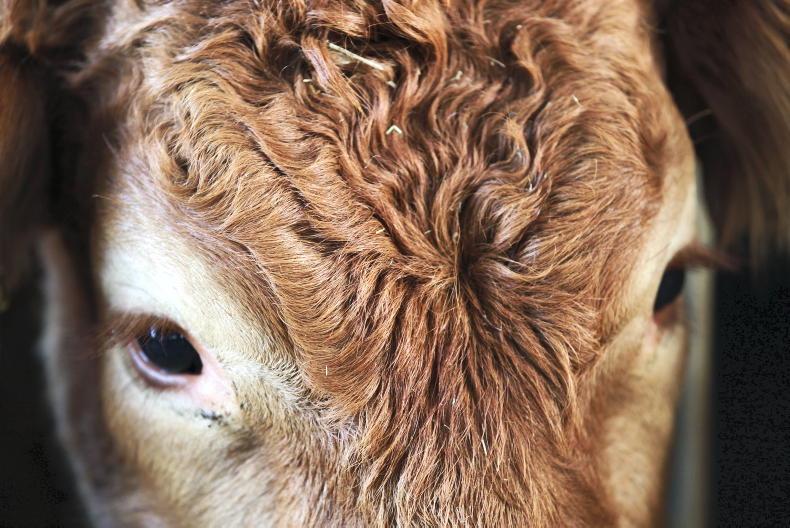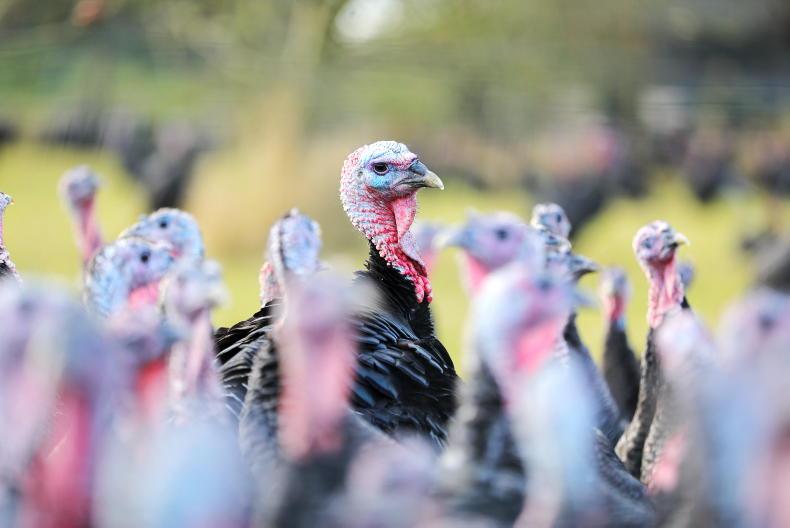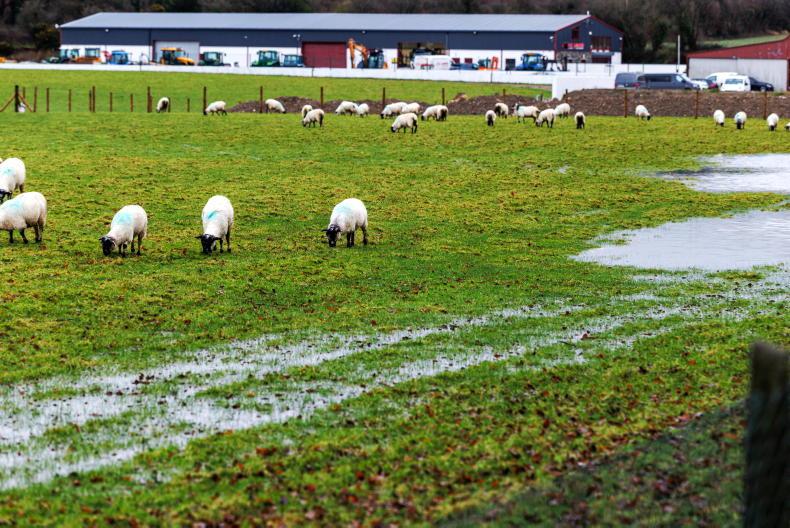The Department of Agriculture has confirmed that a second case of highly pathogenic bird flu has been identified in a second turkey flock in Co Monaghan.
There is a slight extension to the existing avian influenza restriction zones on foot of this confirmation, the Department has said.
A protection zone of at least 3km radius from the infected holding and a surveillance zone of at least 10km radius will be put in place.
A census of all holdings within both of these zones will be conducted and licensing procedures put in place to control movements of live poultry, other captive birds, hatching and table eggs, used litter, manure and slurry from poultry holdings.
Licence
“Movements of poultry and poultry products within and through the zones is only permitted under licence from [the Department]. The licence conditions are in place to help mitigate the risk of further spread. Poultry keepers with flocks located within the restriction zones are legally obliged to comply with zone requirements.
“Stringent biosecurity remains key to protecting poultry and captive bird flocks from disease. The Department continues to advise strict adherence to the precautionary measures against avian influenza (bird flu) recently introduced in regulations under the Animal Health and Welfare Act 2013,” it said.
These regulations require all flock keepers to confine all poultry and captive birds in their possession or under their control in a secure building to which wild birds or other animals do not have access and to apply particular biosecurity measures.
Vigilant
Poultry flock owners should remain vigilant for any signs of disease in their flocks and report any disease suspicion to their nearest Department regional veterinary office.
The Health Protection Surveillance Centre has confirmed that although the H5N1 subtype can cause serious disease in poultry and other birds, the risk to humans is very low.
However, members of the public are advised not to handle sick or dead wild birds and to keep their dog on a leash in areas with sick or dead wild birds. It is important to note that there is no evidence of risk associated with consumption of poultry meat, poultry meat products or eggs.
The Department reinforces the need for vigilance and biosecurity and continues to closely monitor and assess the disease situation and is in regular contact with industry stakeholders.









SHARING OPTIONS